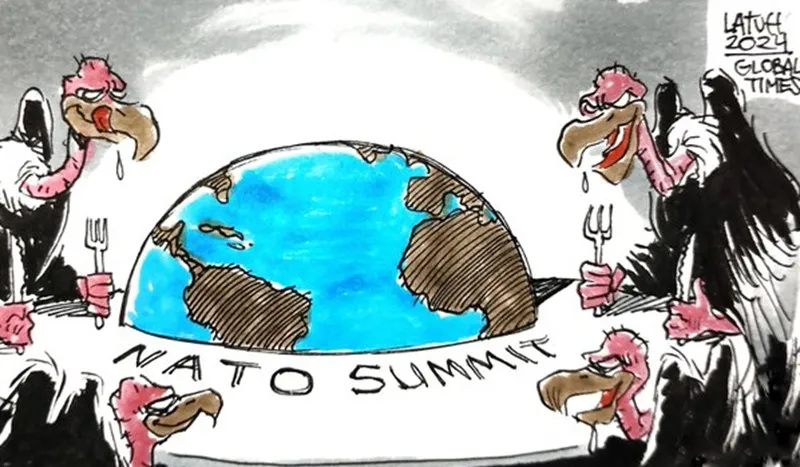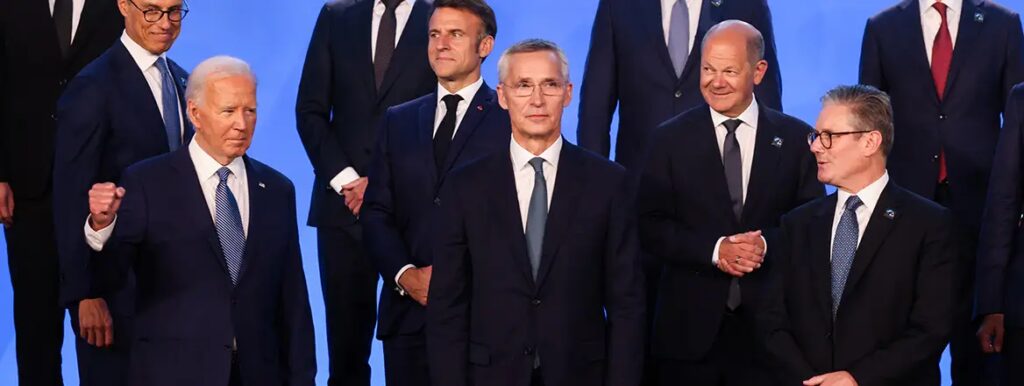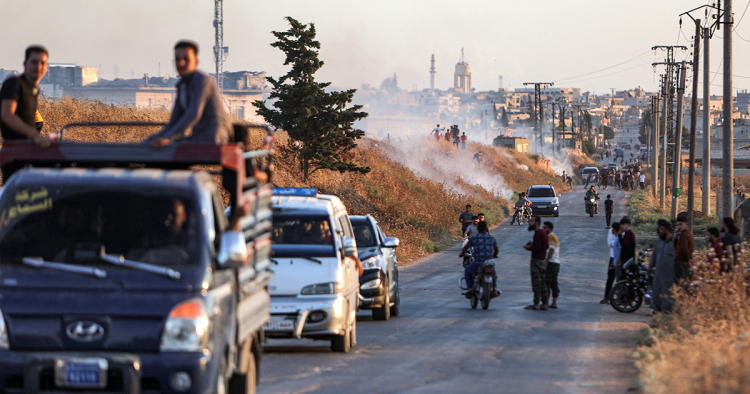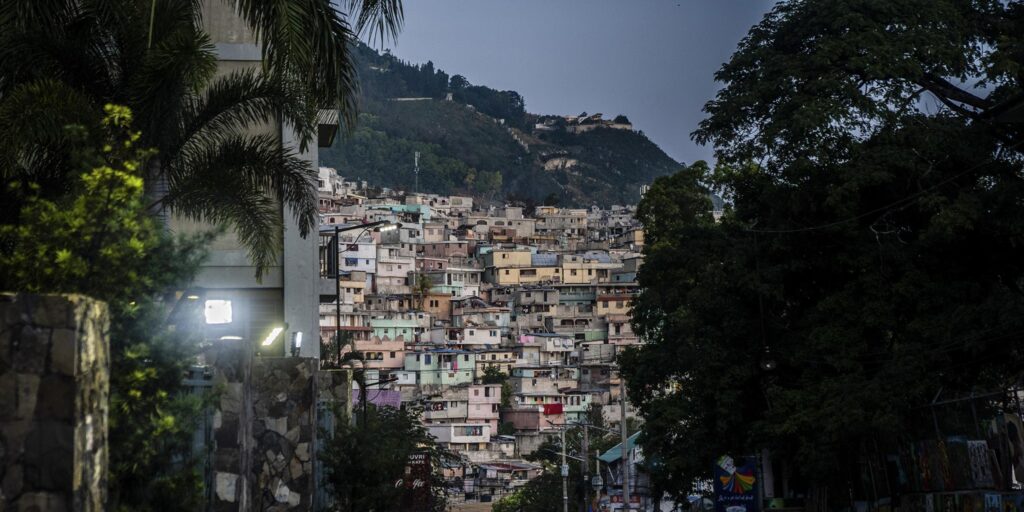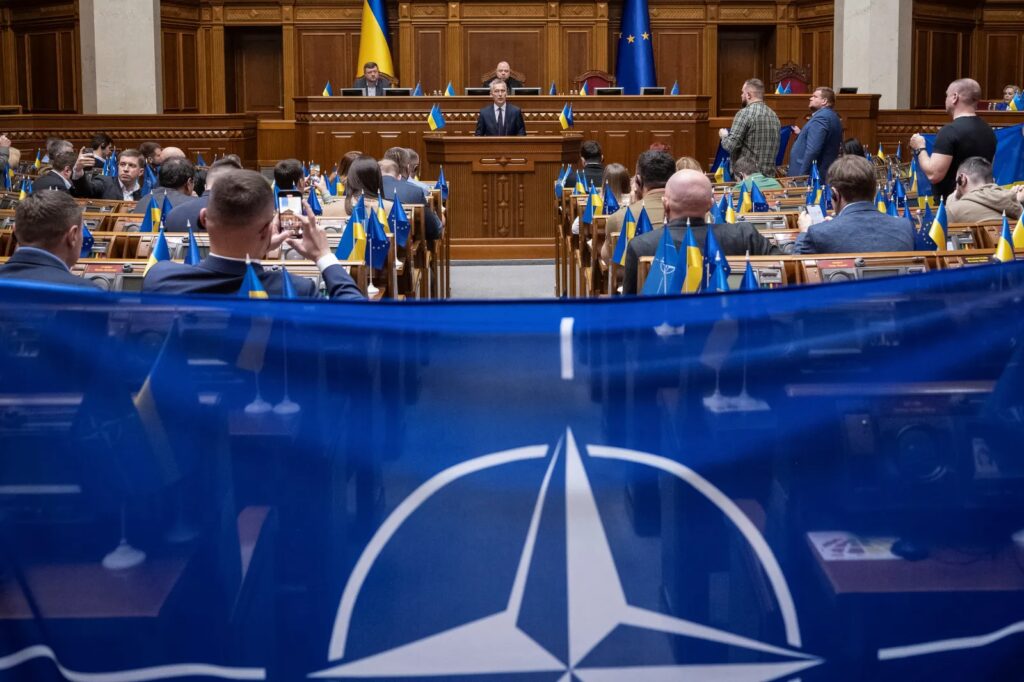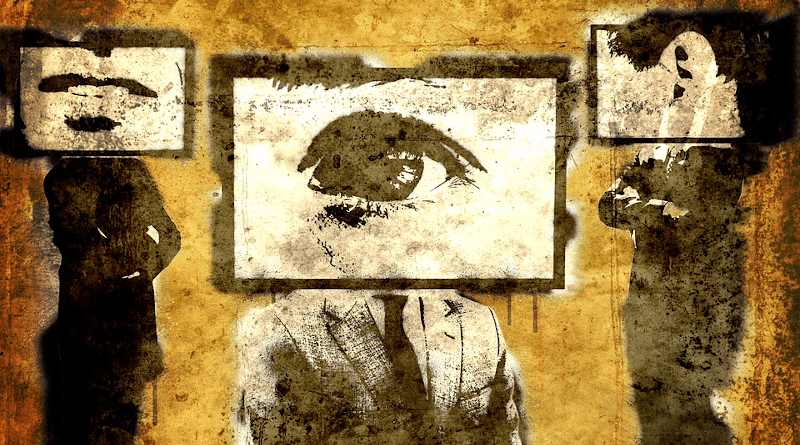La véritable essence du « macronisme » est-elle l’opportunisme ?
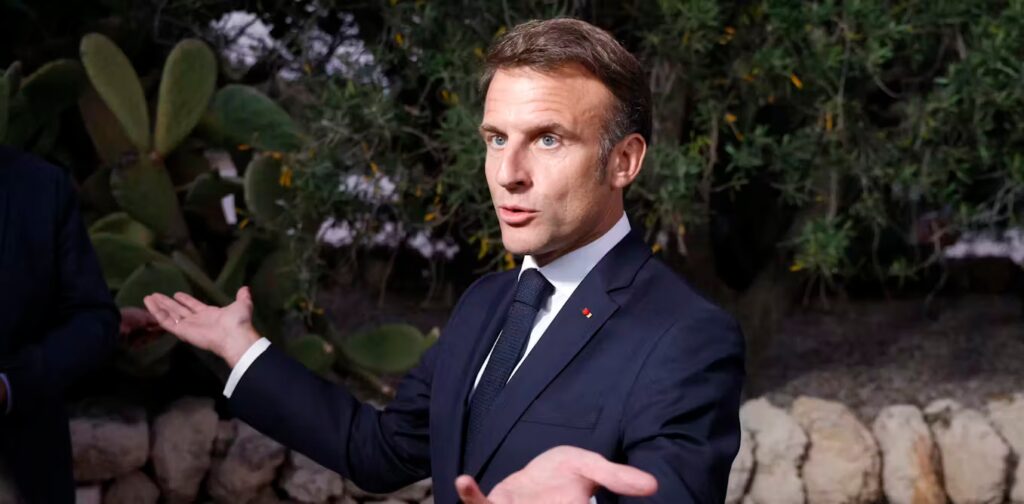
L’usage journalistique et la facilité de langage conduisent souvent à accoler un suffixe en -isme au nom d’une personnalité politique pour désigner un courant politique qui s’incarnerait à travers un responsable. C’est ainsi qu’est apparu « le macronisme. » Dans une acception faible, ce serait un courant plus ou moins organisé désignant un groupe d’élus et militants, et le camp de ses soutiens électoraux. Dans un sens plus fort, cela induirait l’existence d’un corps de doctrine, une idéologie fixant un cap.

